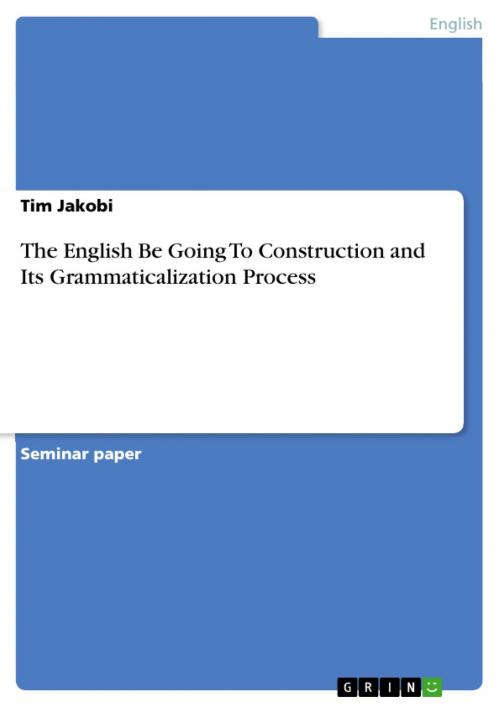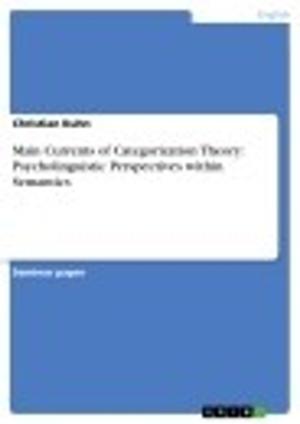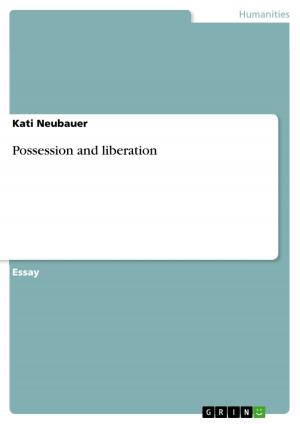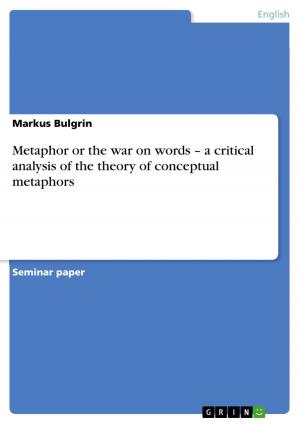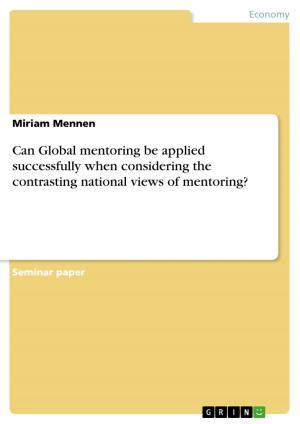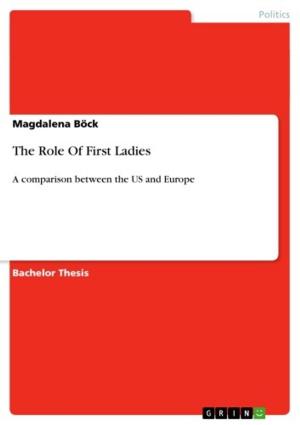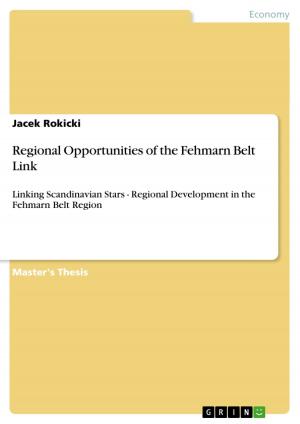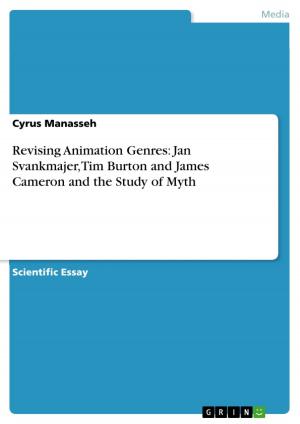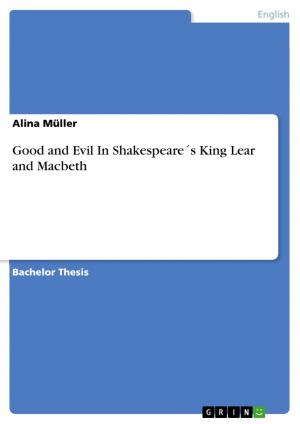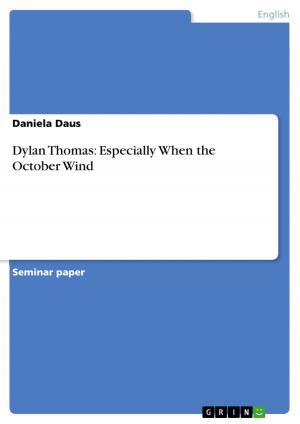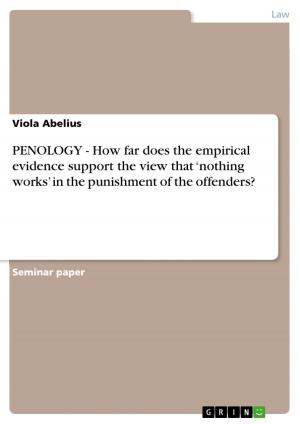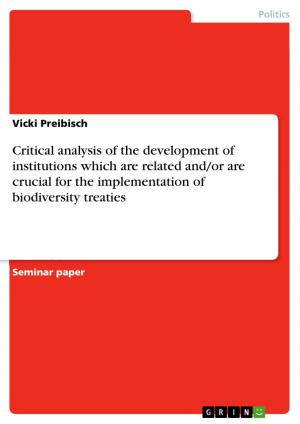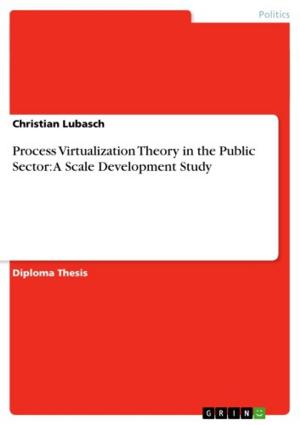The English Be Going To Construction and Its Grammaticalization Process
Nonfiction, Entertainment, Drama, Anthologies| Author: | Tim Jakobi | ISBN: | 9783638482080 |
| Publisher: | GRIN Publishing | Publication: | March 23, 2006 |
| Imprint: | GRIN Publishing | Language: | English |
| Author: | Tim Jakobi |
| ISBN: | 9783638482080 |
| Publisher: | GRIN Publishing |
| Publication: | March 23, 2006 |
| Imprint: | GRIN Publishing |
| Language: | English |
Seminar paper from the year 2004 in the subject English Language and Literature Studies - Linguistics, grade: 1,7, University of Dusseldorf 'Heinrich Heine' (Anglistisches Institut III - Abteilung für Anglistische Sprachwissenschaft), course: Hauptseminar Contact Linguistics, 5 entries in the bibliography, language: English, abstract: Grammaticalization is one of the very fuzzy areas in linguistic research and the Englishgo-futurecertainly is no exception in this field. There are a lot of publications dealing with this subject, among them the best-known works of Heine, Traugott, Hopper and Sweetser, some of which are also used as references in this paper. Usually, the issue of thegoing tofuture construction only makes up a small part in these publications. However, I will concentrate exclusively on this kind of future of the English language. In my opinion, it is most useful to trace the form back to its origins and follow its development chronologically over the course of time. Furthermore, this seems to be the most appropriate method to deal with the subject, as one can hardly pin down exact points in time at which a certain grammaticalization process can be claimed to have started off, as it is a rather linear development, which will be shown throughout the paper. A huge problem, as in any field of linguistic research dealing also with Old and Middle English, lies in the lack of data. As there is only a small amount of written evidence to draw from, results and theories based on this data are always a very tentative issue and in no way absolute, a fact one should always keep in mind when dealing with these subjects.
Seminar paper from the year 2004 in the subject English Language and Literature Studies - Linguistics, grade: 1,7, University of Dusseldorf 'Heinrich Heine' (Anglistisches Institut III - Abteilung für Anglistische Sprachwissenschaft), course: Hauptseminar Contact Linguistics, 5 entries in the bibliography, language: English, abstract: Grammaticalization is one of the very fuzzy areas in linguistic research and the Englishgo-futurecertainly is no exception in this field. There are a lot of publications dealing with this subject, among them the best-known works of Heine, Traugott, Hopper and Sweetser, some of which are also used as references in this paper. Usually, the issue of thegoing tofuture construction only makes up a small part in these publications. However, I will concentrate exclusively on this kind of future of the English language. In my opinion, it is most useful to trace the form back to its origins and follow its development chronologically over the course of time. Furthermore, this seems to be the most appropriate method to deal with the subject, as one can hardly pin down exact points in time at which a certain grammaticalization process can be claimed to have started off, as it is a rather linear development, which will be shown throughout the paper. A huge problem, as in any field of linguistic research dealing also with Old and Middle English, lies in the lack of data. As there is only a small amount of written evidence to draw from, results and theories based on this data are always a very tentative issue and in no way absolute, a fact one should always keep in mind when dealing with these subjects.
